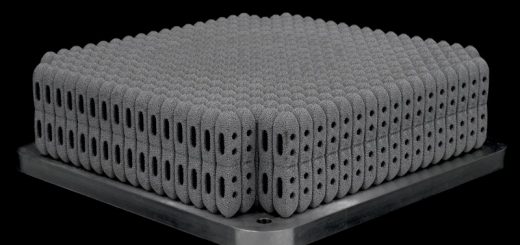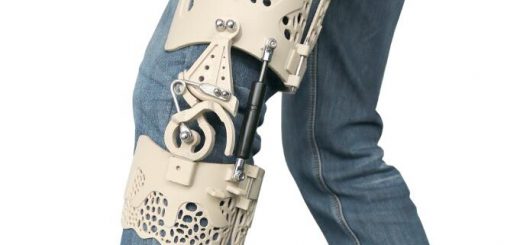EOS Collaborates with CSIO to Maximize Potential of Additive Manufacture for Patient Specific Implants
In a major effort to leverage the potential of additive manufacturing (AM) technology in the medical industry in India, EOS has collaborated with CSIO, the scientific and technological services arm of CSIR. EOS is the global technology leader for industrial 3D printing of metals and polymers.
Through metal additive manufacturing, EOS is helping to create patient specific implants (PSI) for using the EOS M 290 AM technology. The Chandigarh-based CSIO facility can help patients who have undergone any physical disfiguration. Using the EOS’s industrial printer, the EOS M 290, orthopedic surgeons will be able to change their lives with these custom implants.
The center will also provide a platform to design and manufacture customized affordable solutions for orthopedic and maxillofacial patients. In addition, EOS has also partnered with BETiC, IIT Mumbai in this sector.
3D printing in the medical sector is now a reality. There are a number of applications for which AM technology including aiding pharmaceutical companies to create specific cell growth using lattice-based structures. It also enables the rapid production of patient specific medical implants in shorter lead times and developing customized guides and fixtures for surgical procedures. The success of AM technology has resulted in an influx in demand for patient-specific implants for complex requirements in the maxillofacial regions, fractured acetabular cups and hip revision surgeries making the procedure more accurate and efficient, Anand Prakasam, country head, EOS India told Pharmabiz.
Therefore the collaboration such as the one between EOS and CSIO, enables augmentation of patient recovery by providing specific implants in India with minimum lead times, he added.
The company introduced these offerings into the Indian market at various points in time and plans to being in the standard implant as well. For such offerings, certification and qualification become an important criterion, he noted.
India has a large population and a good percentage of this population are willing to pay for quality medical treatment. Though the market is just developing, we are not far behind in the medical space. The key requirement is the need for proper certification guidelines, a robust digital platform to exchange and review the custom implant design with surgeons and educate the surgeons. Manufacturers in India are now more aware that AM can be used beyond prototyping and are looking at building customized implants, prosthetics and fixtures that will transform regenerative medicine, said Prakasam.
The market started with non-regulatory applications like medical modelling, surgical instruments and prosthetics. Gradually the dental industry also grew and AM was used in the copings and bridges market. Specific Titanium dental screws were also being produced. Currently, AM is used to create custom implants for maxofacial and orthopaedic applications. The typical materials used are titanium, cobalt chrome and stainless steel 316L. Once regulations are set in place, there is potential for the market to open for regular implants and this will require systems with a higher production rate, he said.
To catalyze this process, the company also offers certification and validation programmes through its consulting arm which is called Additive Minds.
Source:pharmbiz




Recent Comments